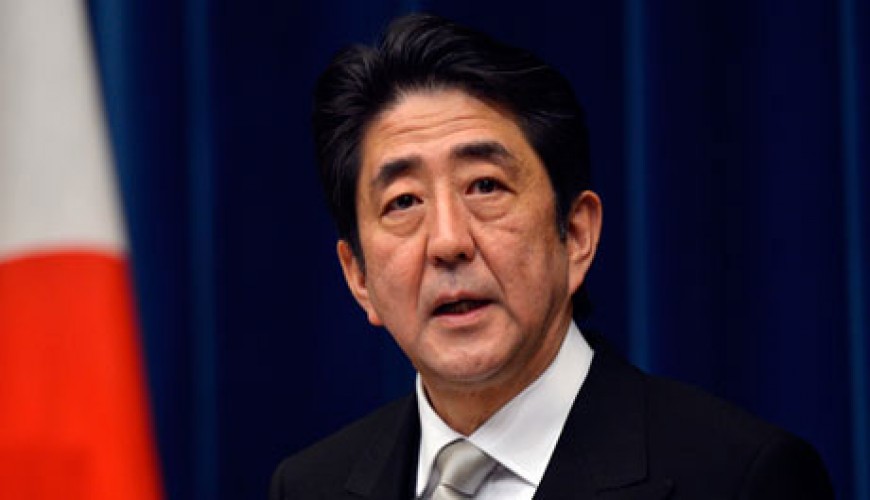-
Tips for becoming a good boxer - November 6, 2020
-
7 expert tips for making your hens night a memorable one - November 6, 2020
-
5 reasons to host your Christmas party on a cruise boat - November 6, 2020
-
What to do when you’re charged with a crime - November 6, 2020
-
Should you get one or multiple dogs? Here’s all you need to know - November 3, 2020
-
A Guide: How to Build Your Very Own Magic Mirror - February 14, 2019
-
Our Top Inspirational Baseball Stars - November 24, 2018
-
Five Tech Tools That Will Help You Turn Your Blog into a Business - November 24, 2018
-
How to Indulge on Vacation without Expanding Your Waist - November 9, 2018
-
5 Strategies for Businesses to Appeal to Today’s Increasingly Mobile-Crazed Customers - November 9, 2018
Accord on bullet train expected during Japan PM’s visit
A civil nuclear pact and an agreement to jointly produce US-2 amphibious military aircraft could add momentum to ties between India and Japan during Japanese Prime Minister Shinzo Abe’s visit during December 11-13. The likeliest concrete outcome of the visit will be an agreement for Japan to build a bullet train linking two of India’s most dynamic cities, Mumbai and Ahmedabad, the commercial capital of Mr Modi’s home state of Gujarat.
Advertisement
The prime minister of Japan also hoped that the India should follow the Japan’s Shinkansen system for this route according to a report.
Both the prime ministers met at the last annual summit in Tokyo and both agreed to lift up the bilateral relationship to “special strategic and global partnership”. But with the system already bursting at the seams, and roads and domestic airlines equally congested, passengers for a bullet train are unlikely to be in short supply among the country’s 1.3bn people.
For Abe, “a strong India is in the best interest of Japan, and a strong Japan is in the best interest of India”. The three nations had their first trilateral meeting at the foreign ministerial level earlier this year in September. It needs to be noted that the importance India attaches to Japan as its key maritime security partner is particularly evident from New Delhi’s decision to include Japan as a permanent member in the Malabar exercises, traditionally a bilateral India-U.S. naval exercise.
Japan, an important source of nuclear technology, with a near-monopoly on some components, now bans exports to India, which has not signed the Nuclear Non-Proliferation Treaty. Hence India’s recent efforts to improve relations with its South Asian neighbors, to prevent their penetration by Chinese influence, and New Delhi’s strategy of “counter-encirclement” of China by means of closer strategic ties to states like Japan and Vietnam.
This is to note that Indian Bullet train Project is the second bullet train project won by Japan. This enables Abe to play a more significant role in India’s defence sector, which is of particular interest to Japan because India is the largest importer of defence equipment. But India should leverage its relationship with both the countries. Directed at China’s so called attempts of accelerating into neighboring seas, Japan will buy 17 SH60K anti-submarine helicopters and 6 F35 stealth fighters. The most important relationship for both Japan and India is obviously with America-not least for countering China. Abe’s visit will further reinforce these trends and if nurtured seriously, can pay great dividends to both India and Japan. Expressing my gratitude for the understanding and support of Prime Minister Modi to Japan’s security policies, I intend to deepen cooperation with India based on the recently established “legislation for peace and security”.
Advertisement
The Abe-Modi summit will not simply be a study in the personal chemistry between two nationalist, conservative leaders who seek to revitalize their nations’ fortunes through economic growth and ambitious foreign policies.





























